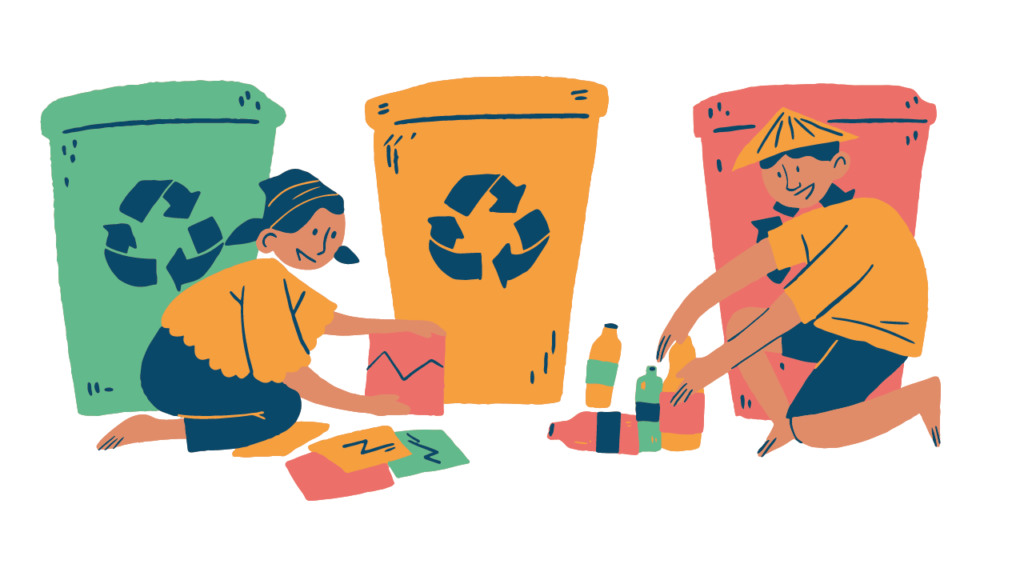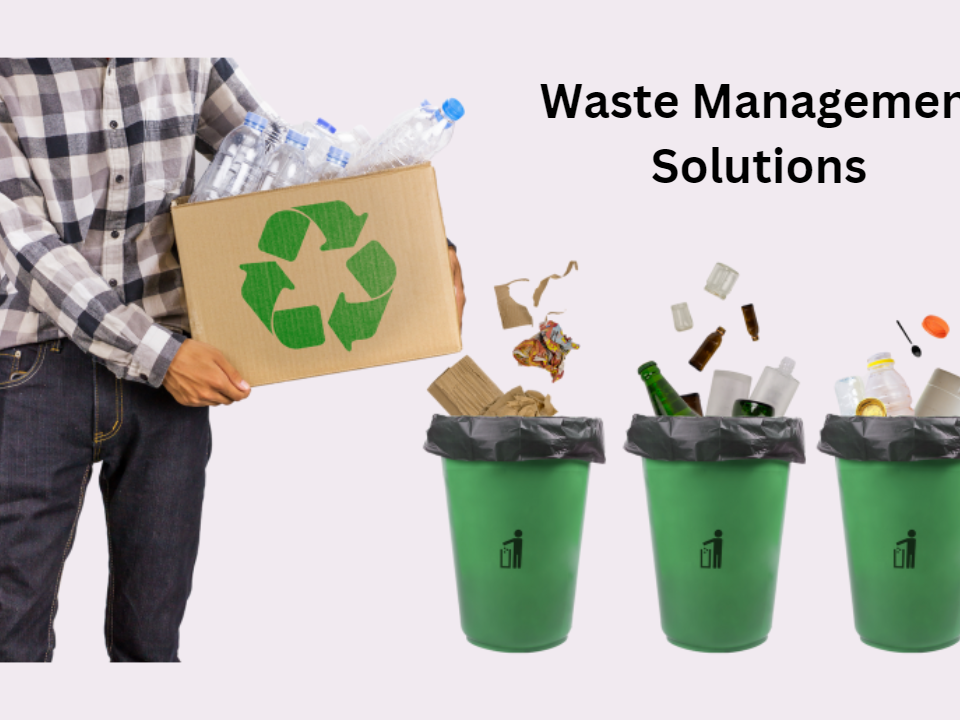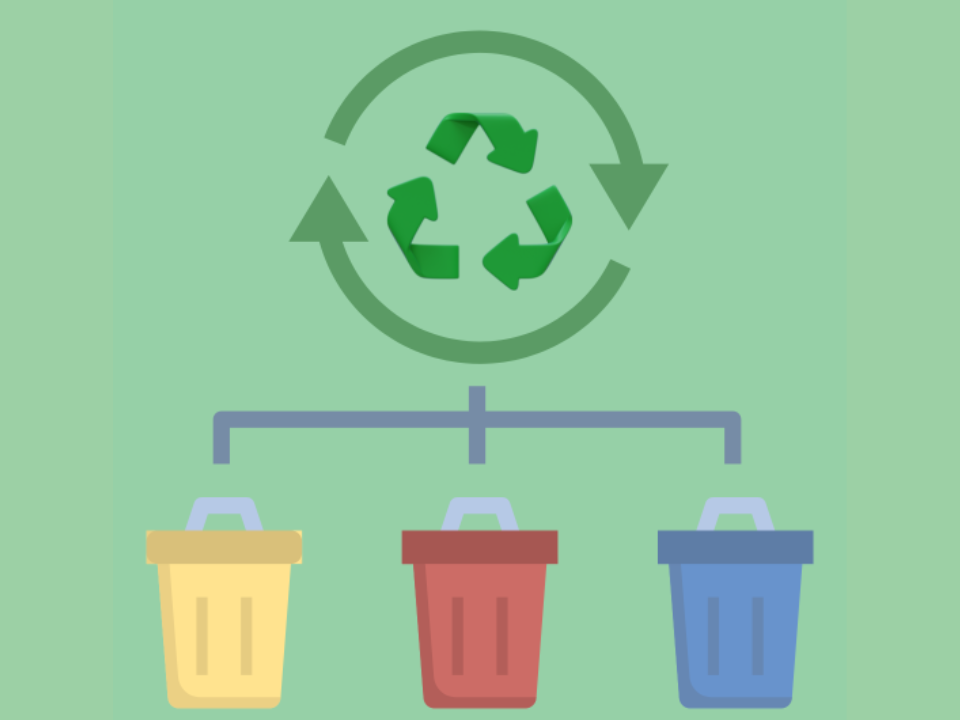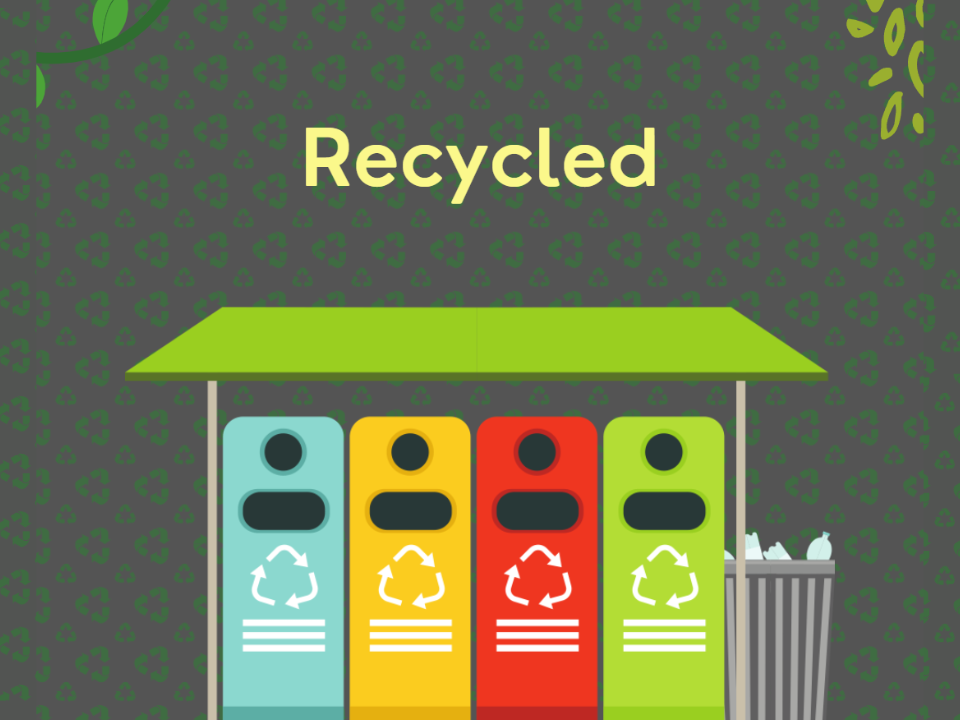
Reasons Why You Should Buy Recycled Products
17/11/2022Environmental issues are a topic of great concern today. Apart from climate change, water contamination and air pollution, there is also the problem of waste management. This article will explore the issue in depth, beginning with the definition of waste and types of waste management methods.
What is Waste Management and Recycling?
Waste management is the process of handling, storing, and disposing of waste materials. Waste management is the umbrella term that refers to all of the processes and infrastructure used to manage waste. This includes everything from garbage collection and recycling to landfills and incineration.
Recycling is a key part of waste management. Recycling is the process of recovering used materials and turning them into new products. This helps to reduce pollution, conserve resources, and save energy.
There are many different types of waste, and each has its own set of recycling challenges. Common recyclable materials include paper, glass, metal, plastic, textiles, and electronics.
With the right knowledge and infrastructure in place, waste management and recycling can be highly effective in reducing environmental pollution and conserving resources.

Types of Waste Management and Recycling
There are many different types of waste management and recycling programs that you can participate in to help reduce the amount of waste that is produced each year. Here are some of the most common types of programs:
1. Residential recycling programs: Many cities and towns offer residential recycling programs that allow residents to recycle materials such as glass, plastic, paper, and metal. Some programs may also accept electronics and hazardous materials.
2. Commercial recycling programs: Many businesses participate in commercial recycling programs to recycle materials such as office paper, cardboard, steel, aluminum, and other metals.
3. Industrial recycling programs: Factories and other industrial facilities often have special recycling programs for materials such as metals, glass, plastics, and chemicals.
4. Waste-to-energy programs: These programs convert waste into energy that can be used to power homes and businesses.
5. Composting: Composting is a process that breaks down organic waste into a soil-like substance that can be used to fertilize gardens and landscapes.

Why should I recycle?
There are many reasons to recycle, but the most important one is that it helps to protect our environment. When we recycle materials, we use less energy and resources to create new products, which reduces pollution and conserves natural resources. Recycling also reduces the amount of waste that goes into landfills, which can help to reduce greenhouse gas emissions and slow down climate change.
How to Manage Waste at Home
As someone who is interested in sustainability, you probably already know that recycling is important. But did you know that managing waste starts at home?
Here are some tips on how to manage waste at home:
1. Reduce the amount of waste you generate in the first place. This can be done by avoiding single-use items, buying in bulk, and composting.
2. recycle as much as possible. This includes items such as paper, cardboard, glass, metal, and plastic.
3. Reuse items whenever possible. For example, using a reusable water bottle or coffee mug instead of disposables.
4. donate unwanted items instead of throwing them away. There are many organizations that will gladly take your unused items off your hands.
5. dispose of waste properly. This means putting it in the trash or taking it to a recycling center, depending on what the item is made of.
By following these tips, you can make a big difference in the amount of waste you generate each day.
How to Manage Waste in your community
Waste management is the process of handling, storing, and disposing of waste materials. It includes both residential and commercial waste. Residential waste includes items such as food scraps, paper products, and yard waste. Commercial waste includes items such as construction debris, manufacturing waste, and office paper.
There are many ways to manage waste in your community. One way is to reduce the amount of waste you generate. This can be done by recycling and composting. Recycling means using something again instead of throwing it away. Composting means breaking down organic material into a soil-like substance that can be used to fertilize plants.
Another way to manage waste is to properly dispose of it. This means putting it in the trash or taking it to a recycling center. If you have large items that cannot be disposed of in your regular trash, you may need to contact a special waste disposal company.
You can also help manage waste in your community by volunteering for or participating in cleanup events. These events help to remove litter and other materials from public areas. They also raise awareness about the importance of proper waste management.
By following these tips, you can help make your community a cleaner and more sustainable place.
Do follow us at:
https://twitter.com/EnviroRecyclean
https://www.linkedin.com/company/72735054/admin/
https://www.instagram.com/envirorecyclean/
Stay tune for more blogs.





